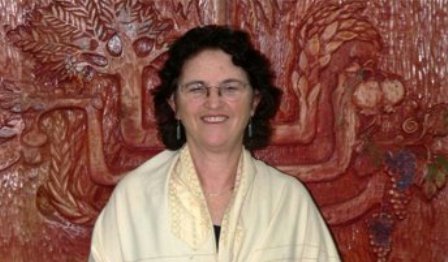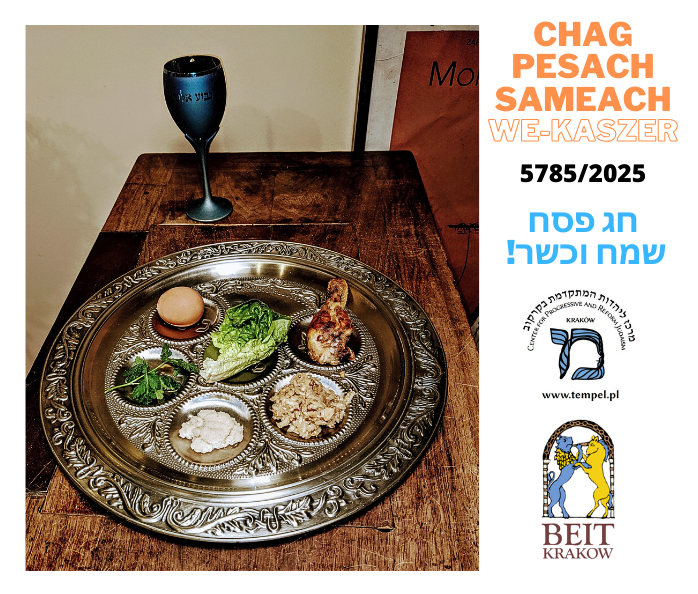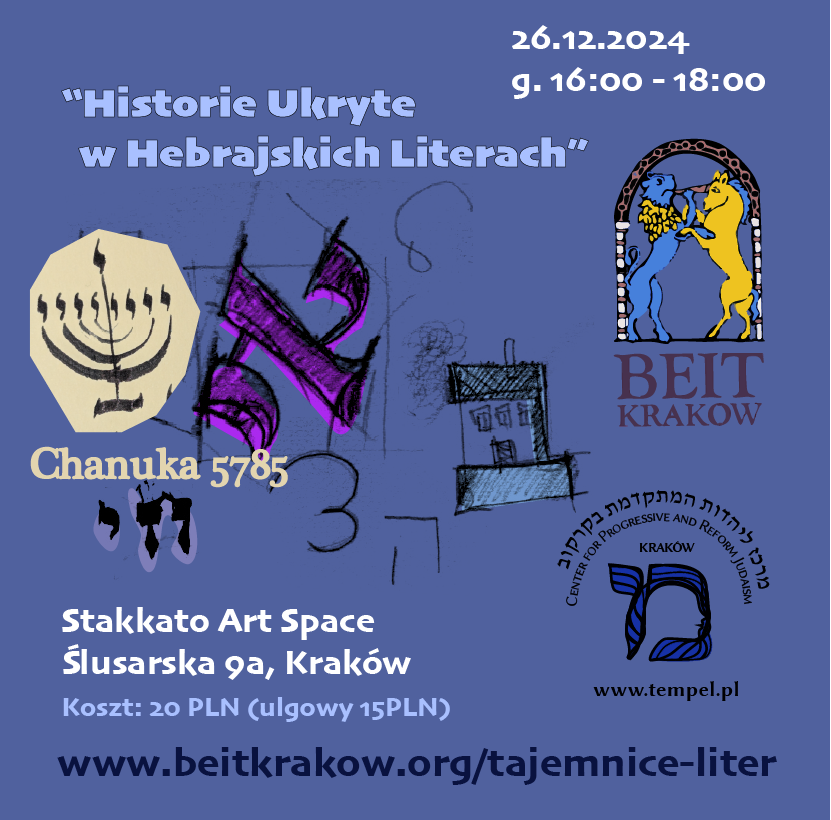History was in the making this week, when after a prolonged legal battle, Israel’s Attorney General declared that the State of Israel will fund the salaries of Reform Rabbis who are employed by regional councils.
For years, the State has financed the salaries of thousands of rabbis throughout the country. These rabbis serve as municipal rabbis, communal rabbis, regional rabbis and neighborhood rabbis. Until today all of these rabbis have been Orthodox men.
In May 2005, the Israel Religious Action Center (IRAC), the legal and public arm of the Israel Movement for Reform and Progressive Judaism (IMPJ), submitted a petition on behalf of Congregation Birkat Shalom, Kibbutz Gezer, and Rabbi Miri Gold. This petition called for equal funding of religious services regardless of movement affiliation. Over the past 7 years, the entire global Reform community has been an active partner in assisting the IMPJ in making this case a public and active issue resulting in success.

Rabbi Miri Gold
In June 2009, the High Court ordered the parties to a mediation dialogue process on how best to satisfy the funding requirements of non-Orthodox rabbis. The negotiations failed and the issue returned to the High Court. A hearing was held on May 5, 2012 to discuss the term “non-Orthodox rabbi” and it was requested that the state reconsider its position. The Court gave the State 14 days to change their position and support funding non-Orthodox rabbis in the same manner as their Orthodox counterparts. Earlier this week, the State accepted the proposal and informed the Court that they will give equal funding to non-Orthodox rabbis.
This declaration is only the first stage and there is still along way to go. It allows for 15 rabbis to be recognized and funded by the State, but does not yet deal with the issue of municipal rabbis.
Still, this historic, precedent-setting accomplishment goes a long way towards creating real equality for all Jews. The Supreme Court will hand down a ruling on the petition shortly.
Rabbi Gilad Kariv, the Executive Director of the Israel Movement for Reform and Progressive Judaism, said: „the agreement of the State to fund the activities of Reform rabbis in regional councils, and acknowledging them as rabbis is a major breakthrough in the effort to promote freedom of religion in Israel and is truly welcome news for hundreds of thousands of Israelis who enjoy the services of Reform and Conservative rabbis in Israel. This is the first step, but a significant one towards equalizing all Jewish streams in Israel, and we hope that the State will fulfill its court obligations, as stated. We expect that this will lead to further steps that will eventually cancel the deep discrimination towards the non-Orthodox streams in Israel.”
Jewish Agency Chairman Natan Sharansky said: „The Israeli government’s decision to recognize Reform and Conservative rabbis and community leaders contributes to the unity of the Jewish people and the strengthening of ties with the Diaspora… The government’s decision to recognize Reform and Conservative leaders gives official recognition to these dynamic community leaders and rabbis who work tirelessly to build strong and vibrant Zionist and Jewish communities throughout Israel. I believe this decision has both practical and symbolic importance. It contributes significantly to the strengthening of the relationship between Diaspora Jews and Israel. The Jewish Agency sees this decision as a bridge and as another step towards bringing unity to the Jewish people”.
And Rabbi Miri Gold said, “What joy! Finally there’s more than one way to be a Rabbi in Israel!”
Facts to note:
• In Israel today there are 100 Reform and Conservative congregations that are being served by more than 70 rabbis.
• Every year about 10 new Reform and/or Conservative rabbis are ordained in Israel and between 5-10 new communities are opened.
• The January 2012 Guttman-AVI CHAI report: A Portrait of Israeli Jews: Beliefs, Observance, and Values of Israeli Jews revealed that 8% of all Jews in Israel identify themselves as Reform or Conservative while only 7% identify themselves as ultra-Orthodox.
Źródło: http://www.wupj.org/Publications/Newsletter.asp?ContentID=570#RABBI438



